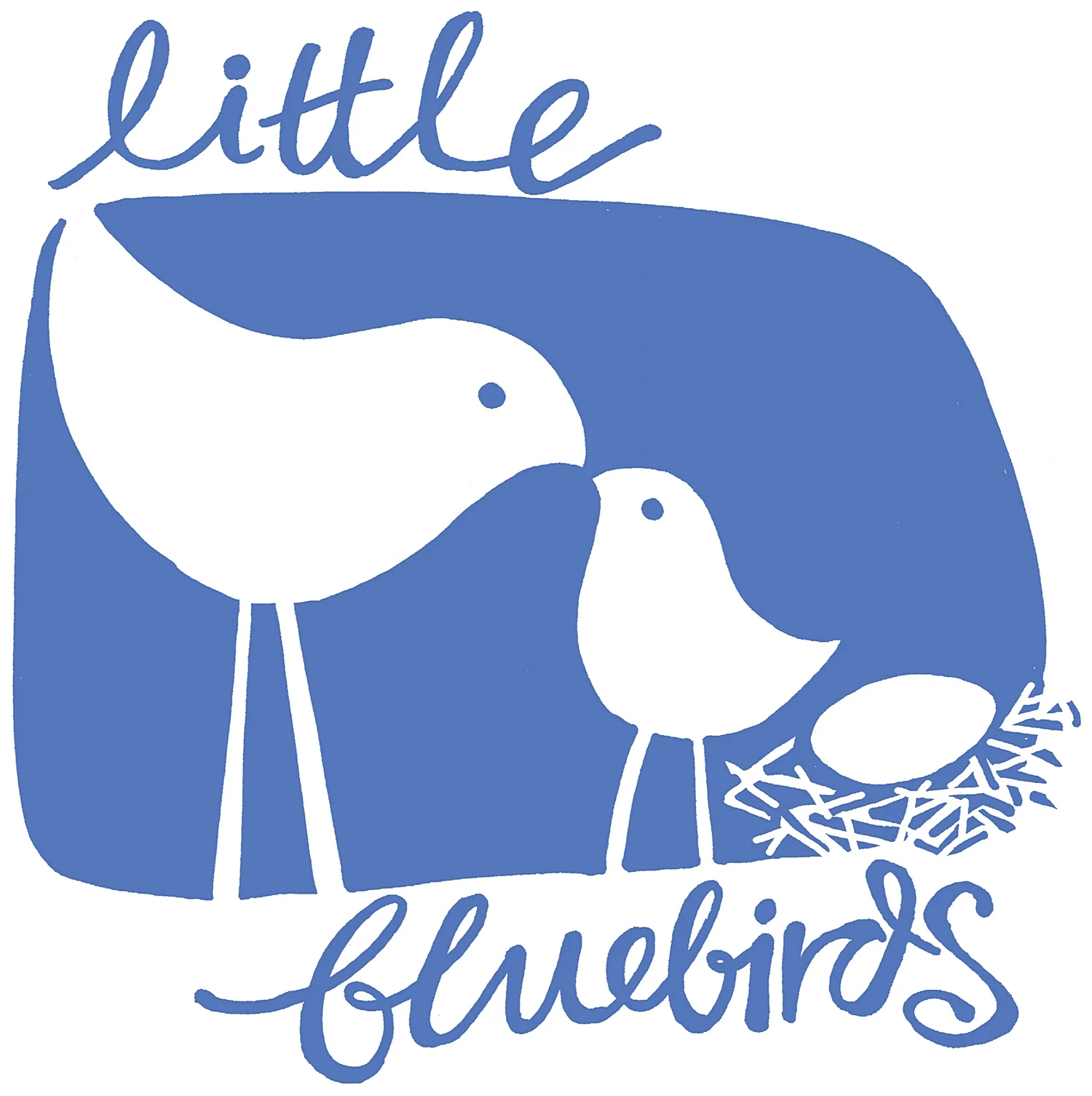Arty chit-chatting
Raise your hand if you’re a softy who has a pile of kids art that you just can’t part with. Guilty as charged!
I always found it very hard to part with the artwork my children created and still, years later, have a selection of favourite pieces dotted around the house, plus some stored in boxes under a cupboard. One day they’ll thank me…. perhaps. Now that they’re older there are way less paintings coming home for my fridge door, but I’m blessed that my working week is still filled with opportunities to see the amazing creativity of youngsters.
Each week I work on art programs with people who span a wide range of ages, from pre-schoolers to adults. I love it, but I’m constantly saddened by the contrast in confidence between youngies and oldies. While most children feel good about making drawings and proudly showing them off, most adults do not. Instead they apologise for their drawings, often making jokes and excuses about how they look.... I wonder where their youthful bravado went?
It’s a common scenario for me to teach a class of enthusiastic teenagers while their classroom teachers watch on, and say to me… “uggh, you don’t want look at my drawings, I can’t draw a thing” or “I’m terrible at art”. Speaking like that in front of children sets art up as something to fail rather then enjoy. I’d much prefer that adults within earshot of children said “that looks fun” or “I don’t draw much these days but I’ll have a go” or “I’m not very confident, but I enjoy it”.
Children are naturally creative, and every child feels like an artist at some point. Do you remember that feeling you had as a child, of joy sparked by something you’d made? It’s magic!
As children grow through school they tend to become more critical of their work in all areas, and compare themselves to others. A little voice in their heads begins to tell them that they can’t draw after all.
As parents we know our kids love positive feedback about their creations, and it’s brilliant to give it. I’ve also watched children become aware of praise that is given equally to every single thing they make. Yep folks, sometimes they can see straight through us.
So…. how do we talk to children about their art in a way that keeps them motivated, and yet isn’t repetitive? Try these ideas for responding when your child shows you their latest creation:
Instead of instantly saying “I love it” ask the child to describe how they feel about it?
Is this one special? Are you a proud artist? Was that fun to make?Sometimes the subject of an artwork is very subjective. Instead of saying “What is it?” try inviting the child to share their own thoughts about the image in their own words:
Wow… tell me all about this one! How did you make it? How did you come up with that amazing idea?Rather than making a beeline straight to the fridge door with their artwork allow the child to have some ownership over what happens next.
Where should we put this now? Would you like it on the fridge?
Is this a gift or a keeper? Who do you think would love this one?Focus on specific aspects of their work and chat about them…
That’s such a bright colour you chose!
Look how you filled up the whole page.
Aw… that teeny tiny drawing looks so special.Don’t get too hung up on neatness or accuracy if that’s a challenge for your child. Focus on finding and identifying the aspects that give them pride:
These lines looks so tangly, how fun they would have been to make. All those spodgy shapes are so colourful. Which is your favourite bit?
There are lots of brilliant words you can use when describing art. Weave art vocab into your discussions by identifying things such as line, shape, colour, texture, space and pattern.
You can also bring fun words into your descriptions of the marks they have made (like splodge, swoosh, splash, smudge) or use words for the emotions that their work might convey (energetic, joyful, calm, angry, inspiring).
By keeping the conversations bright and varied you may be amazed at what you learn about your child’s interests and imagination. Wouldn’t it be lovely if your arty chit-chat helps to keep their creative spark burning bright.







